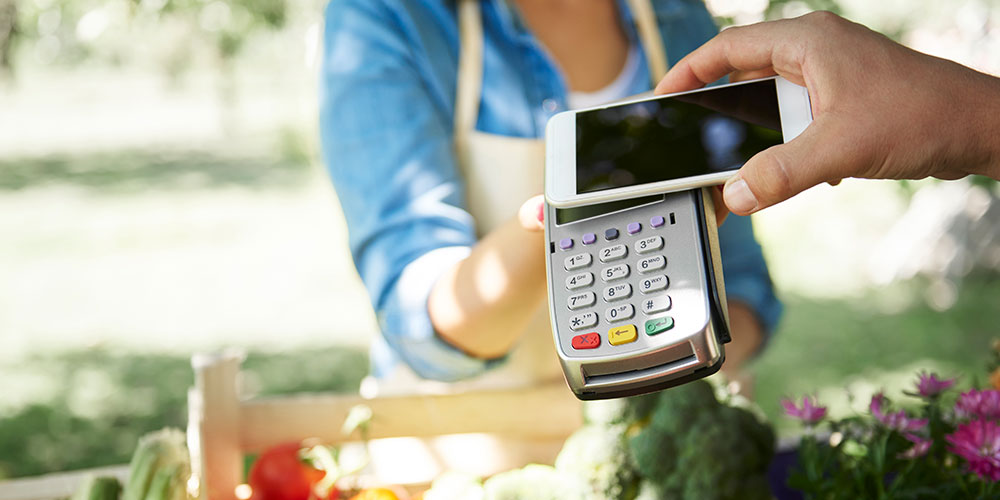
Jump to:
It looks like cash may no longer be king, as consumers shun paper currency to steer clear of the novel coronavirus, even though public health authorities and health experts have said that the risk of transmission through cash is low. Nonetheless, more and more businesses are no longer accepting cash, and some countries are even advising their citizens to stop using banknotes altogether. With that in mind, here are some alternatives to the green stuff.
Cash Alternatives
Credit and Debit Cards
Businesses need to accept credit and debit cards to remain competitive, since most consumers use credit or debit to purchase just about everything. To process these card transactions, retailers need to set up a merchant account. And while an in-store countertop credit card terminal is a necessity, you should also consider adding a wireless card reader. That way, you’ll be able to handle transactions on the go or while you’re doing business remotely.
Accepting Virtual Payments
Likewise, a virtual terminal for virtual payments can be a helpful solution for accepting credit cards. Virtual terminals are ideal for online services, over-the-phone payments, and card-not-present orders. Merchants can process payments anywhere with an Internet connection, create one-off or recurring payments, and key in card information and store it for future use.
Contactless Payments
With contactless payment technology, customers can pay by simply tapping their cards at a point-of-sale terminal. This method of payment is not only faster than typical chip-and-PIN payments, but it also limits physical interaction. Digital wallets, including Apple Pay and Google Pay, are another seamless and touchless way to pay that negates the need for dealing with cash and pin pads.
Third-party processors
A third-party processor is a merchant services provider that makes it possible to accept online payments without a merchant account. These providers, the likes of which include PayPal and Amazon Pay, pool merchants into a single account. Many consumers are attracted to these platforms because of the fraud protection they afford. Be sure to keep a wireless card reader on hand for customers who prefer to use this payment option.
Electronic Funds Transfer (EFT)
EFTs are electronic money transfers between bank accounts; the transactions can be between accounts from the same financial institution or across separate institutions. EFTs can be initiated by a person or a business and don’t require much more than a bank account in good standing.
Electronic Check (eCheck)
An eCheck is a digital payment that uses an Automated Clearing House (ACH) to make a direct debit from the payer’s account. The payment is sent via the ACH network to the merchant’s business bank account by way of a payments processor. Everything is done electronically, so it’s seamless, safe and quick.
To Sum It Up
The COVID-19 pandemic is forcing many businesses to rethink how to accept payments, and merchants and customers are shifting to other payment methods to avoid the risk of infection from handling cash. More than ever, now is the time to start making changes to avoid any lasting impact on your revenues.
To learn more about setting up new payment options, contact Sekure today.













